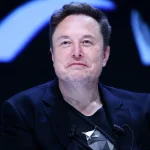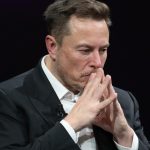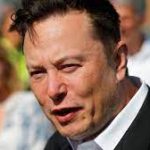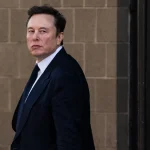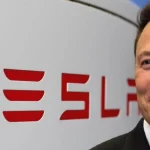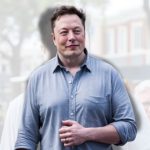Elon Musk’s $40M Auto Anarchy: Who’ll Steal the Self-Driving Spotlight?
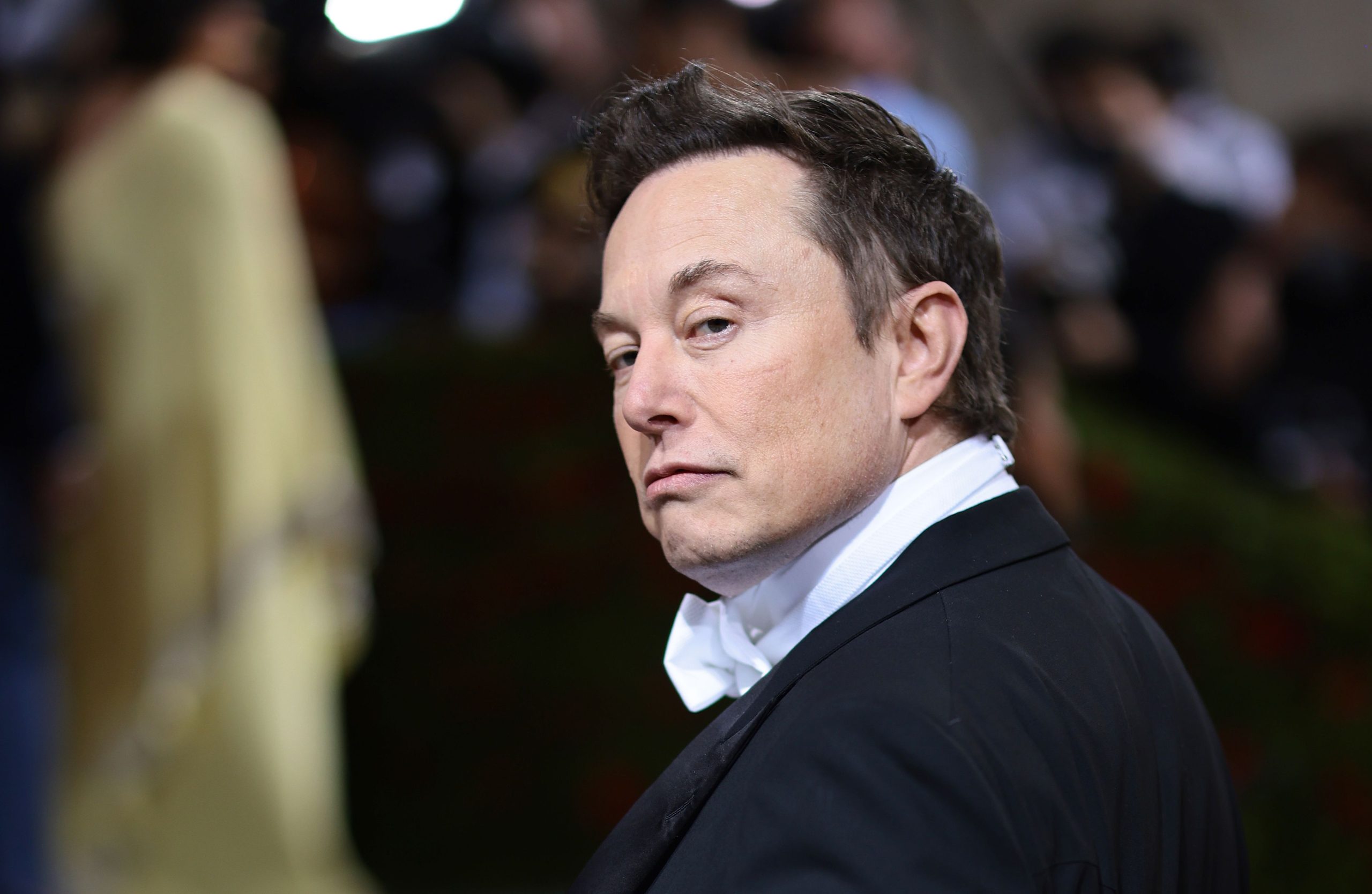
Elon Musk’s $40M Auto Anarchy: Who’ll Steal the Self-Driving Spotlight?
Introduction: Elon Musk, the mastermind behind Tesla and SpaceX, is once again stirring up the tech world with his ambitious plans to dominate the self-driving car market. With an unprecedented $40 million investment into the development of Tesla’s autonomous driving technology, Musk is setting the stage for a new era in transportation. This massive financial commitment is aimed at accelerating the production and deployment of self-driving vehicles, which Musk believes will revolutionize the way we commute, travel, and even reshape entire industries. However, with fierce competition in the self-driving space, including established tech giants and startups, the question remains: Who will emerge as the ultimate leader in the race for self-driving cars? In this article, we explore Musk’s latest moves, the potential impact of his $40 million investment, and the key players who could challenge Tesla’s dominance in the self-driving car revolution.
The $40 Million Musk Gamble: Why It’s a Game-Changer for Tesla Elon Musk has always been known for his bold, sometimes controversial investments, and his latest $40 million bet on self-driving technology is no exception. The money will be poured into Tesla’s Full Self-Driving (FSD) program, with the goal of refining and advancing the company’s autonomous driving system to a level that could compete with, or even surpass, the capabilities of human drivers. Tesla has already made significant strides in this area, with Autopilot and Full Self-Driving features allowing Tesla vehicles to perform complex driving tasks like highway merging, lane changing, and parking.
However, despite Tesla’s progress, there is still significant room for improvement in making the technology fully autonomous and ready for widespread deployment. The $40 million investment will be used to enhance Tesla’s proprietary algorithms, train its neural networks, and accelerate testing in real-world environments. With Musk’s commitment to revolutionizing transportation, this investment will not only fast-track Tesla’s self-driving technology but also push the boundaries of what’s possible in artificial intelligence (AI), machine learning, and robotics.
This investment could position Tesla to lead the way in self-driving cars, but the road to dominance is anything but straightforward. As Tesla pushes forward with its plans, it faces competition from major tech companies, established automakers, and innovative startups that are all racing to develop their own autonomous driving systems. While Musk’s $40 million bet is undeniably a significant leap toward realizing his vision of autonomous vehicles, the future of self-driving technology is far from certain.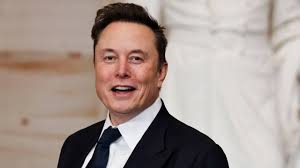
The Competition: Who Will Challenge Tesla for the Self-Driving Crown? While Musk’s investment in Tesla’s autonomous driving technology is a bold move, Tesla is far from the only company vying for the self-driving spotlight. A host of tech companies and automakers have made significant strides in the autonomous vehicle race, each with its own approach to solving the complex challenges of fully autonomous driving.
-
Waymo (Google’s Self-Driving Initiative): Arguably Tesla’s biggest competitor in the self-driving race is Waymo, the autonomous vehicle division of Google’s parent company, Alphabet. Waymo has been developing self-driving technology for over a decade, and it has already achieved impressive milestones in terms of both technology and real-world applications. With its extensive testing, a fleet of autonomous minivans, and a robust data-driven approach, Waymo is often seen as the leader in the autonomous driving space.
Waymo’s Level 4 autonomous driving technology allows vehicles to operate without human intervention in specific areas or controlled environments, such as certain cities or geofenced areas. While Waymo has made significant strides, Tesla’s ability to scale its technology through mass production and global reach gives it a unique advantage. If Tesla can perfect its FSD system, it could potentially offer an autonomous driving solution that is more widely available than Waymo’s, which is still limited to specific regions.
-
Cruise (General Motors): Another major player in the autonomous vehicle space is Cruise, the self-driving subsidiary of General Motors (GM). Cruise has made significant progress in developing fully autonomous vehicles, with plans to deploy a ride-hailing service using autonomous electric vehicles. Cruise’s close ties to GM give it access to a wealth of resources and manufacturing expertise, enabling it to bring autonomous vehicles to the market at scale.
Cruise has already begun testing autonomous vehicles in major cities like San Francisco and Detroit, and its vehicles have been making strides toward achieving full autonomy. While Cruise lags behind Tesla in terms of the real-world deployment of self-driving cars, its connection to GM’s vast network and resources could allow it to catch up quickly in the race for market dominance.
-
Apple’s Secretive Project Titan: Although Apple has remained tight-lipped about its plans, the tech giant’s Project Titan, a rumored autonomous vehicle initiative, has been the subject of much speculation. Apple is known for its ability to innovate and create seamless, user-friendly technologies, which makes it a formidable contender in the autonomous vehicle space. While Apple’s self-driving car project has faced setbacks and delays, there’s no denying that the company has the financial resources and technological expertise to make a significant impact on the industry.
What sets Apple apart from other companies in the autonomous vehicle race is its ability to integrate AI, machine learning, and hardware/software ecosystems seamlessly. Given Apple’s track record in innovation, it’s possible that Project Titan could introduce a game-changing self-driving car solution in the future, challenging Tesla’s position at the top.
-
Baidu’s Apollo Program (China): In China, Baidu, the tech giant often referred to as “China’s Google,” has been a prominent player in the autonomous vehicle space with its Apollo program. Apollo is an open-source platform designed to accelerate the development of autonomous driving technology, and Baidu has been collaborating with automakers and tech companies to bring self-driving vehicles to market.
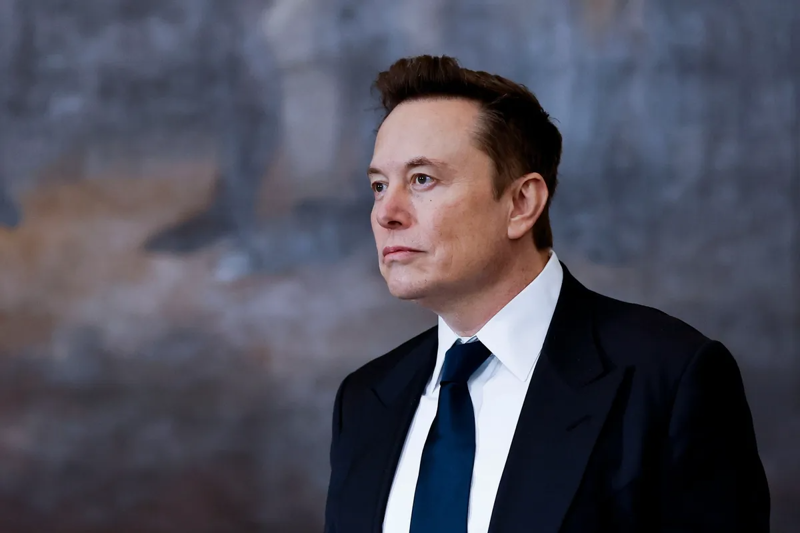
While Tesla has a global presence, Baidu’s Apollo platform has been rapidly expanding within China, which is becoming an increasingly important market for autonomous vehicles. As China pushes forward with its autonomous vehicle initiatives, Baidu’s Apollo program is well-positioned to compete with Tesla in terms of both technology development and market share.
The Future of Self-Driving Cars: What’s at Stake? As Musk’s $40 million investment in self-driving technology accelerates the race, the future of self-driving cars has never seemed more promising or competitive. Tesla’s success in refining its FSD technology will likely have profound implications for the automotive industry, potentially leading to the widespread adoption of fully autonomous vehicles.
However, challenges remain. Tesla must address issues related to safety, regulations, and public trust before its self-driving technology can be rolled out on a mass scale. The question of who will dominate the self-driving spotlight will ultimately depend on which company can deliver the most reliable, safe, and scalable solution.
In addition, public perception and legal frameworks will play a significant role in determining the widespread adoption of autonomous vehicles. Governments around the world will need to establish clear regulations to ensure that self-driving cars operate safely on public roads, and it remains to be seen how quickly regulatory bodies will approve and embrace autonomous vehicle technology.
Conclusion: Elon Musk’s $40 million investment in Tesla’s self-driving technology is a bold move that could significantly alter the trajectory of the autonomous vehicle market. However, the competition is fierce, with major players like Waymo, Cruise, Apple, and Baidu all vying for dominance. While Tesla’s advancements in autonomous driving are promising, the company will need to address numerous challenges related to safety, regulations, and scalability in order to maintain its lead. As the self-driving revolution unfolds, the race to steal the self-driving spotlight will continue, with each player bringing unique strengths and innovations to the table. The future of autonomous vehicles is poised to reshape the transportation industry, and the stakes have never been higher.
